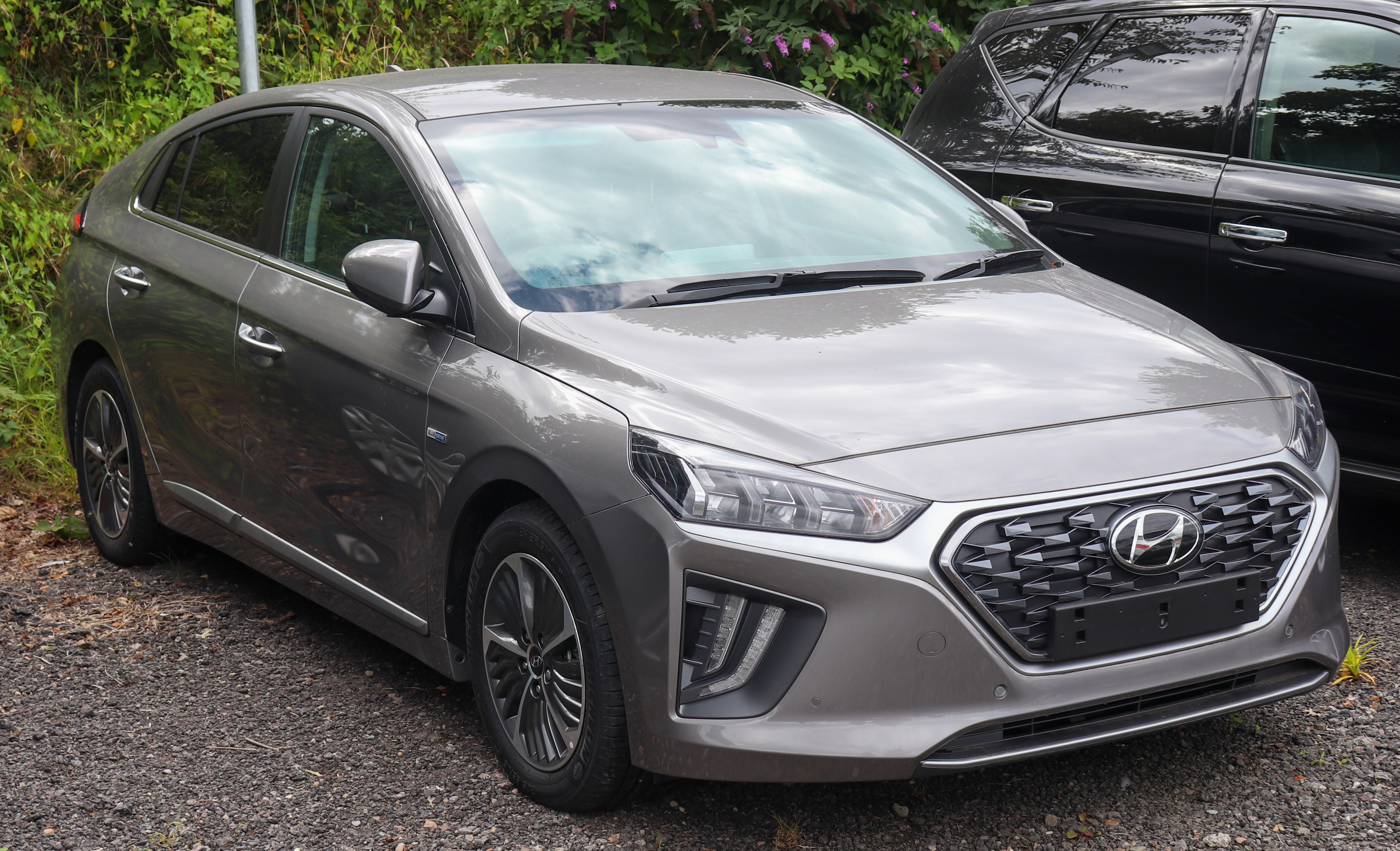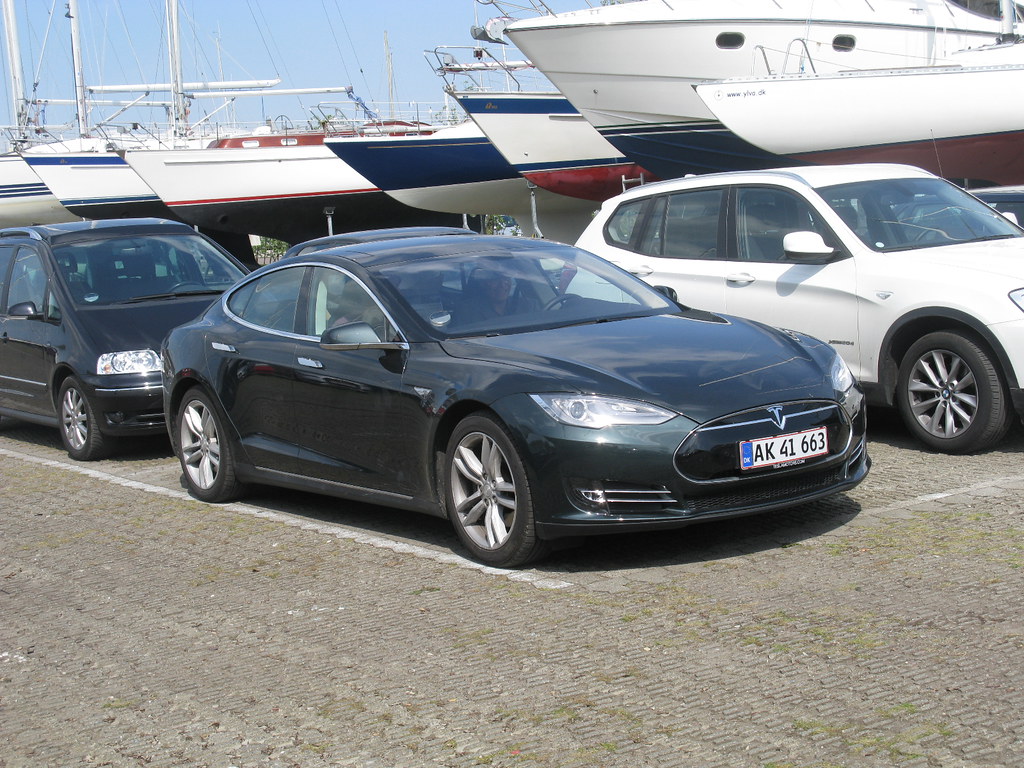As of mid-2025, many budget-conscious drivers are eyeing used electric vehicles (EVs) under $20,000. And with potential changes to federal EV tax credits looming, now might be the last golden window to lock in those savings. If you’ve been thinking about going electric without blowing your budget, this guide will help you explore the best used EVs that may still qualify for current incentives—before any new legislation changes the game.

Why Buy a Used EV Now?
Used EVs offer compelling value. They’re cheaper than new models, have lower running costs, and often come with surprising features like heated seats, navigation, and semi-autonomous driving. In addition, many used models are still eligible for up to $4,000 in federal EV tax credits—provided they meet requirements like being under $25,000 and purchased from a dealership.
But with proposed legislative changes aiming to phase out or tighten these credits, shoppers looking for a deal should move quickly.
Top 5 Used EVs Under $20,000 That May Qualify for Tax Credits
Each of these options balances price, range, and availability on the used market—and most importantly, they may still qualify for the federal used EV tax credit.
1. 2019 Chevrolet Bolt EV

- Range: 238 miles
- Typical Price: $15,000–$18,000
Pros: - Long range for the price
- Strong acceleration
- Eligible for $4,000 tax credit if bought from a dealer
Cons:
- Small cargo space
- Some models were affected by battery recalls (check VIN)
2. 2017–2018 BMW i3 (Range Extender)

- Range: 97 electric + 80 gas miles (REX version)
- Typical Price: $12,000–$16,000
Pros: - Quirky but premium interior
- REX gives backup if battery runs low
- Eligible for used EV credit
Cons:
- Less range than modern EVs
- Expensive battery replacement
3. 2019 Nissan Leaf SV

- Range: 150 miles
- Typical Price: $13,000–$17,000
Pros: - Widely available and affordable
- Good safety tech and cargo room
- Still qualifies under most credit rules
Cons:
- Fast charging uses CHAdeMO (less common now)
- Battery degradation in hot climates
4. 2020 Hyundai Ioniq Electric

- Range: 170 miles
- Typical Price: $18,000–$20,000
Pros: - Extremely efficient
- Comfortable ride and quality cabin
- Still qualifies for tax credit
Cons:
- Limited range compared to Bolt
- Not as common on used market
5. 2019 Kia Soul EV

- Range: 111 miles
- Typical Price: $11,000–$15,000
Pros: - Fun styling
- Compact and easy to park
- Eligible for federal credit
Cons:
- Lower range
- Can be hard to find outside California
Side-by-Side Comparison
| Model | Range (mi) | Typical Price | Credit Eligible | Notable Feature |
|---|---|---|---|---|
| Chevy Bolt EV | 238 | $15–18k | ✅ | Best range in price bracket |
| BMW i3 REX | 97 + 80 | $12–16k | ✅ | Gas backup included |
| Nissan Leaf SV | 150 | $13–17k | ✅ | Affordable and safe |
| Hyundai Ioniq Electric | 170 | $18–20k | ✅ | Best efficiency |
| Kia Soul EV | 111 | $11–15k | ✅ | Great for urban driving |
3 FAQs About Buying a Used EV with Tax Credits
Q1: Do all used EVs qualify for the $4,000 federal credit?
A: No. To qualify, the EV must cost less than $25,000, be bought from a dealer, and you must meet income requirements. Also, the car must be at least 2 years old.
Q2: What happens if the tax credit laws change this year?
A: There are proposals that may end or limit EV incentives, especially for used cars. Purchasing now may help lock in current benefits before any new bill takes effect.
Q3: Is range anxiety still a concern for used EVs?
A: Not necessarily. Models like the Bolt EV and Ioniq Electric offer ample range for daily use. Public charging infrastructure is also expanding rapidly.
You Might Also Be Interested In:
- Best Home Chargers for Tesla Model 3
- How Long Does It Take to Charge a Tesla at Home
- Are Used Electric Cars Worth It?
- How to Lower Your Car Insurance Premium
Let’s Talk Cars
Have a question? A suggestion? Just want to say hi?
You’re in the right place.
Use the form below to reach out to the AutoSpecs Daily team. We're happy to hear from readers, car lovers, first-time buyers, and anyone who's got something to share.
What can you contact us about?
- Feedback on one of our articles
- Ideas for new topics you'd like us to cover
- Questions about cars, gear, or general auto advice
- Media, partnership, or brand inquiries
- Anything else that's on your mind
We check every message that comes through and do our best to respond within 2 to 3 business days.
We don’t list an email address here to avoid spam, but the contact form is the best and fastest way to reach us.
Thanks for stopping by. We're glad you're here.

